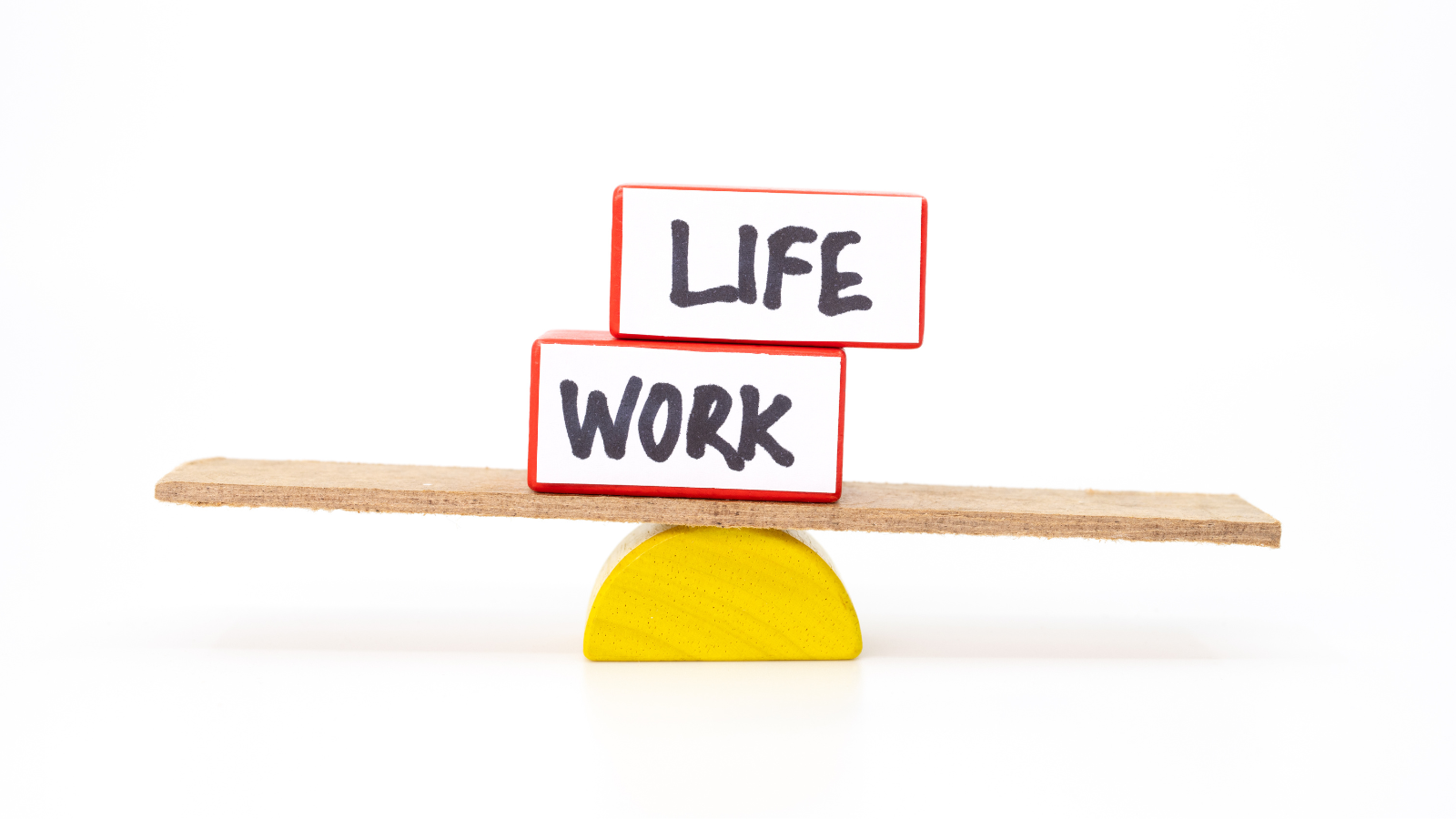The EU Work-Life Balance Directive is the first legislative initiative that follows the launch of the European Pillar of Social Rights in 2017 and was formally adopted two years later in 2019. It covers aspects of Time (through family leaves and flexible working arrangements) and Resources (through the adequate payment for certain leaves) and paves the way for future action on access to Services as we can see today with the EU Care Strategy announced by President von der Leyen on 7th September 2022.
The Directive contains legal elements that acknowledge the diversity of families in the 21st century, for instance with the mention of “equivalent second parent” under the paternity leave article. It provides for adequate payments of paternity, parental and carers leave, to ensure take-up of leaves and as an anti-poverty measure so workers with care duties do not fear loss of income. It also includes a provision of non-transferability of parental leave for fathers, to ensure that they use their right and can invest time in family care for their children, hence also promoting gender equality between women and men.
All EU countries had until the 2nd of August 2022 to bring into force the laws, regulations, and administrative provisions necessary to comply fully with the Directive.
The transposition process has been an opportunity for the Member States to review national work-life balance policies to ensure they meet the needs of families in the 21st century, based on values of gender equality, social inclusion and non-discrimination, and boost investment and development of services for families.
Therefore, COFACE considers the transposition of the Directive crucial and assessed its transposition by drafting a report on the transposition status in 10 Member States, namely Belgium, Croatia, Finland, France, Germany, Hungary, Italy, Lithuania, Poland, and Spain. The report puts the spotlight on family leaves and aims to assess how paternity, parental and carers’ leave were transposed into the national legislation. The aim is to provide an overview to the current transposition situation and highlight the importance of the social rights provided by the Directive.
During the assessment, the secretariat relied on the expertise of COFACE Members from the respective countries to report on ongoing reforms and validate the information collected, with continuous exchanges on the transposition situation from a national and EU perspective. The results show a mixed picture from non-compliance to ambitious reforms. To find out more, check out the report coming soon at the beginning of October!
Meanwhile, please note that on 21st September 2022, the European Commission adopted a package of infringement decisions due to the absence of communication by Member States of measures taken to transpose EU directives into national law. This includes measures to address non-transposition of the EU work-life balance directive. The following Member States have failed to notify national measures fully transposing it and will therefore be receiving letters of formal notice: Belgium, Czechia, Denmark, Germany, Ireland, Greece, Spain, France, Croatia, Cyprus, Latvia, Luxembourg, Hungary, Austria, Poland, Portugal, Romania, Slovenia and Slovakia. More here.
Photo: ©Getty Images via Canva.com





